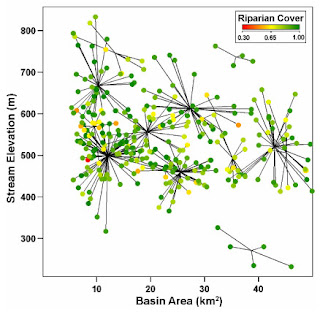- CRM ( CUSTOMER RELATIONSHIP MANAGEMENT) is a system that manages all aspects of a customers relationship with an organisation.
- The relationship formed between customers and the business created profitability, customer loyalty and protection.
- Increase customer revenues
- Make call centres more efficient
- Provides better customer service
Operational | Analytical |
supports traditional transactional processing for day-to-day front-office operations or systems that deal directly with the customers | supports back-office operations and strategic analysis and includes all systems that do not deal directly with the customers |
Focuses on organising and simplifying the management of customer information. It uses a database to provide consistent information about a company’s interaction with a customer | Analytical CRM uses data mining to provide strategic data about customers. Data mining uses various modelling and analysis techniques to find patterns and relationships to make accurate predictions |
Describe and differentiate the CRM technologies used by marketing departments and sales departments
Marketing Operational CRM technologies:
- List generator - compiles customer information from a variety of sources and segment the information for different marketing campaigns.
- Campaign management system - guides users through marketing campaigns
- Cross - selling and up-selling
- Cross-selling - selling additional products or services
- Up-selling - increasing the value of the sale
Contact/call centre
- automatic call distribution
- interactive voice response
- predictive dialling
- emotion detection
- click-to-talk
Sales department Operational CRM Technologies
- Sales Management: co-ordinates, organises, helps sale reps and their accounts.
Calendars, alarm reminders, document generation are all used for planning. - Contact Management: supplemental sales information. Organisational Charts and detailed customer notes are used.
- Opportunity Management: targets sales opportunities by finding new customers or companies for future sales.
How could a sales department use operational CRM technologies?
Describe business intelligence and its value to businesses

Business Intelligence: refers to applications and technologies that are used to gather, provide access to and analyse data and information to support decision-making efforts.
Explain the problem associated with business intelligence - Describe the solution to this business problem.
- Problem: Most oprganisations are data rich but information poor. The data being generated is increasing at a rapid pace. Different systems hold different data but none of the systems correspond with one another which gives employees the inability to make business decisions quickly.
- Solution: To improve the quality of business decisions, managers can provide existing staff with BI systems and tools that can assist them in making better, more informed decisions.
For example - Law Enforcement - Tracking Crime patterns locations, and criminal behaviour; identifying attributes to assist in solving criminal cases.
http://www.youtube.com/watch?v=-j5J7lXav7Y
Problem: Most organistions are data rich but information poor. The data being generated is increasing at a rapid pace. Different systems hold different data but none of the systems correspond with one another which gives employees the inability to make business decisions quickly.
Solution: To improve the quality of business decisions, managers can provide existing staff with BI systems and tools that can assist them in making better more informed decisions.
What are two possible outcomes a company could get from using data mining

- Cluster Analysis - technique used to divide an information set into mutually exclusive groups such that the members of each group are as close together as possible to one another and the different groups are as far apart.
- It segments customer info to help organisational identity customers with similar behavioural traits.

- Association Detection - reveals the degree to which the variables are related and the nature frequency of these relationships in the information
- Creates rules to determine the likelihood of events occuring at a particular time.
How could a sales department use operational CRM technologies? |
Get their attention |
Value their time |
Over-deliver |
Contact Frequently |
Generate a trustworthy mailing list |
Follow up |
No comments:
Post a Comment